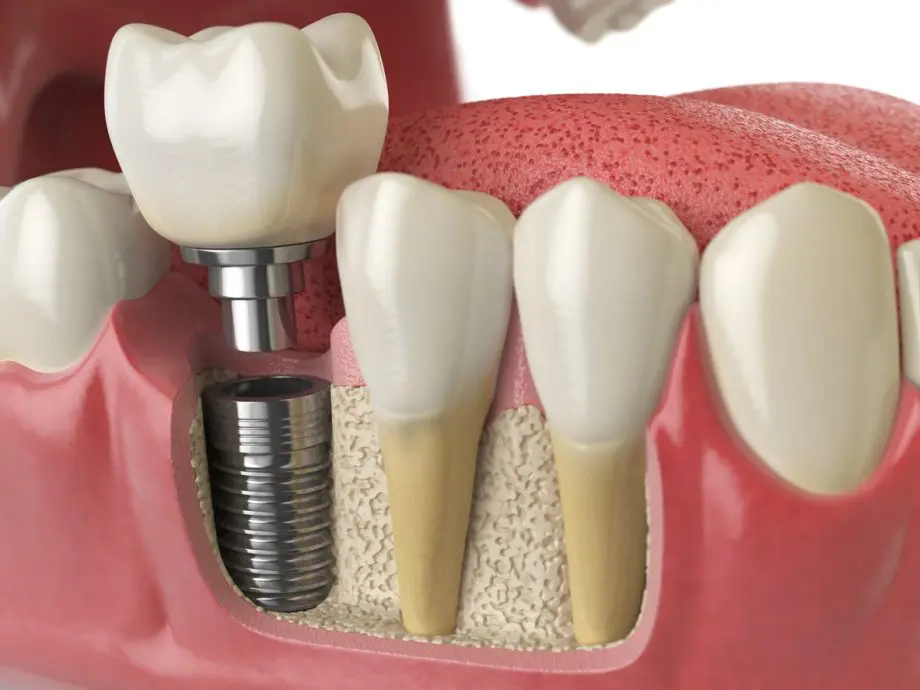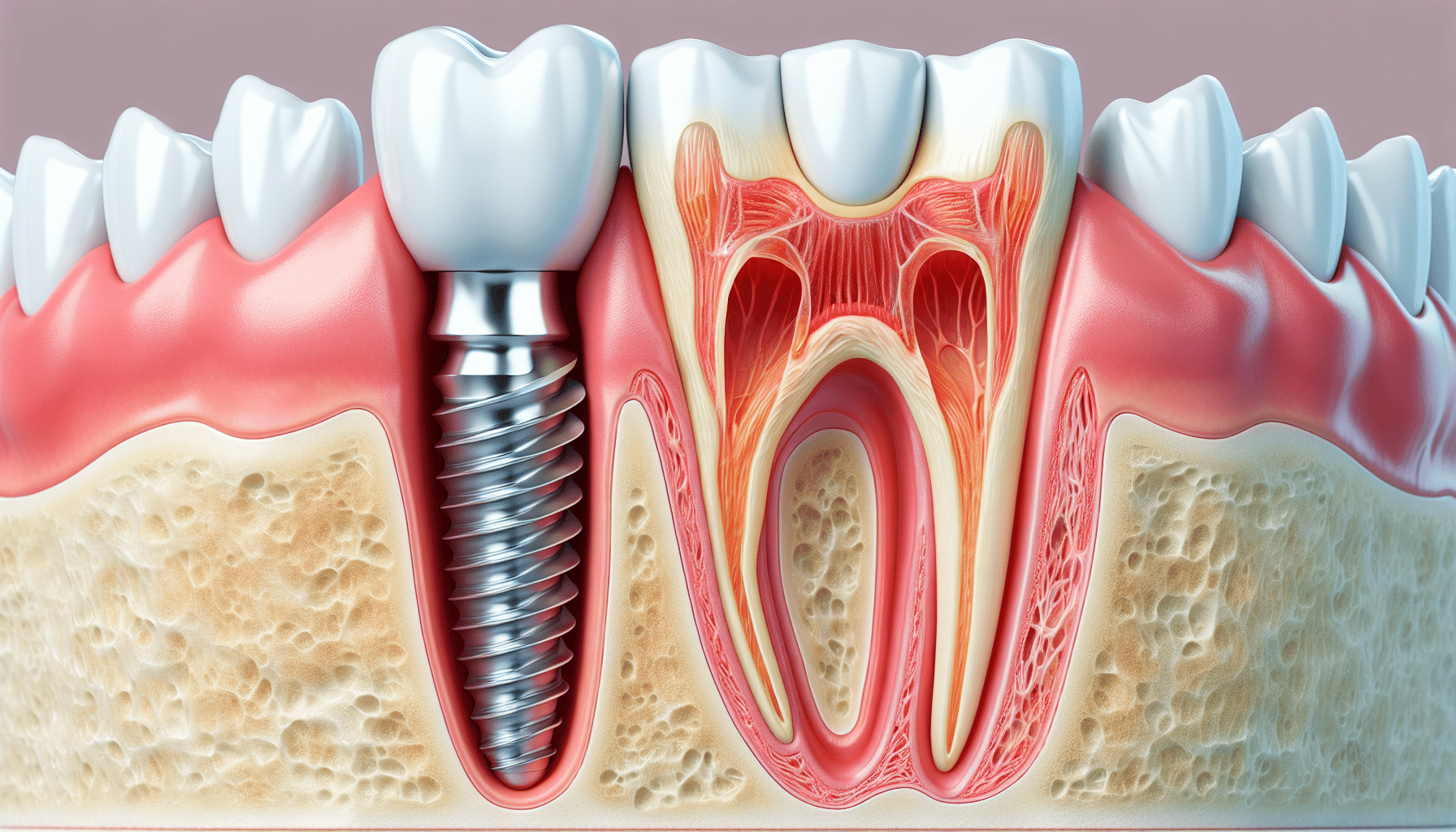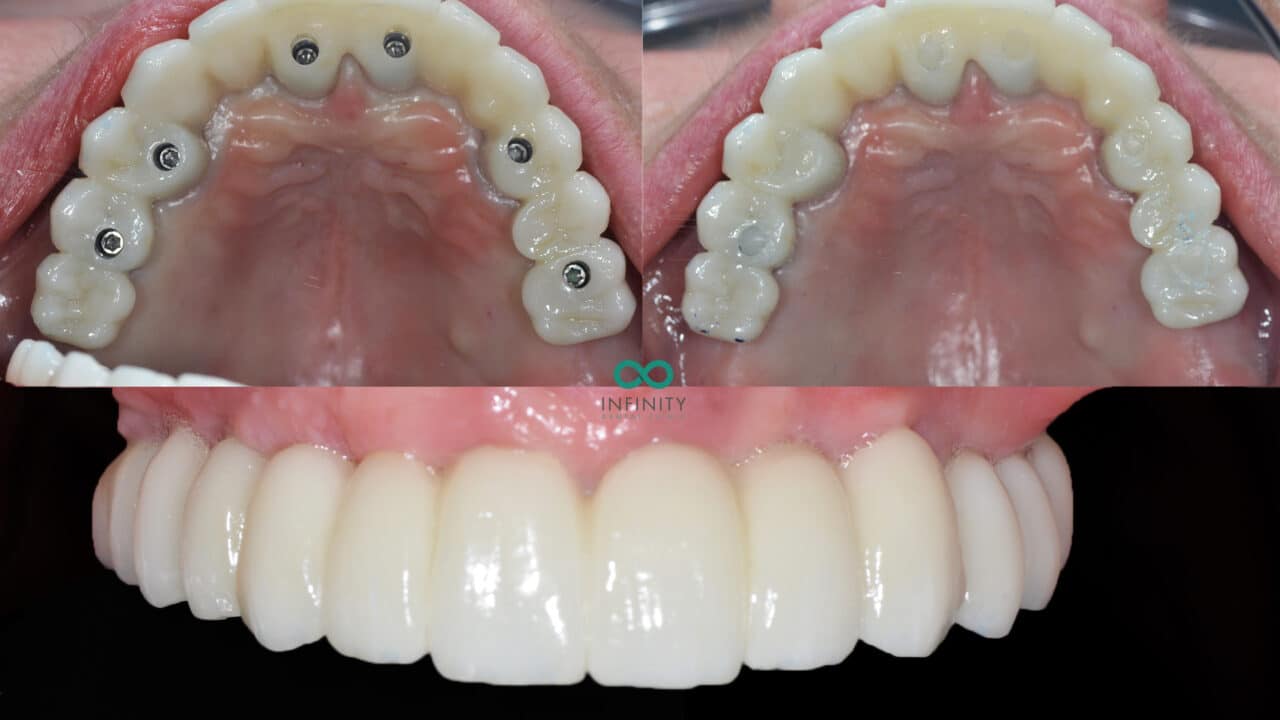Dentist Office Granville OH Understanding the Cost of Dental Implants (2024 Edition)
Smile Care Sunbury OH Are Dental Implants Permanent? What You Should Know
Dental implants have emerged as a well-liked choice for people looking for a long-term resolution to tooth loss. One essential facet of understanding dental implants involves their effect on adjacent teeth. This is particularly necessary for guaranteeing the health and longevity of the entire dental structure.
When a dental implant is positioned, it mimics the function of a natural tooth root. By doing so, it helps preserve the integrity of the surrounding bone structure. Natural teeth rely on a balanced, interconnected system for assist, and dental implants can contribute positively to that dynamic. The stability offered by the implant allows for better distribution of chunk forces, which might prevent undue stress on adjacent teeth.
Dentist Office Hartford OH Dental Implant Benefits
In instances where a tooth is missing, the neighboring teeth may shift into the vacant area. This shifting can lead to misalignment and varied other issues. By inserting a dental implant, the risk of this shifting is decreased, as the implant acts as a placeholder that preserves the natural alignment of surrounding teeth. This preventive effect is crucial for long-term oral health and performance.
Another important consideration is bone loss. When a tooth is misplaced, the jawbone within the area can begin to deteriorate as a result of a lack of stimulation. Dental implants help prevent this bone loss by offering the necessary stimulation to the jawbone, much like a natural tooth root would. This preservation of bone not solely supports the implant itself but also contributes to the steadiness of adjacent teeth.
The kind of fabric used in dental implants, typically titanium, has a unique property of osseointegration, that means it fuses with the bone over time. This integration offers a sturdy foundation for the artificial tooth whereas making certain that the implant doesn’t negatively affect surrounding buildings. As the implant integrates, it creates an environment that contributes positively to the health of the adjacent teeth.

Regular dental check-ups play an essential role in monitoring the influence of dental implants on adjacent teeth. Professional assessments might help identify any issues that will arise, ensuring prompt therapy and sustaining the health of the complete dental arch. These evaluations might embrace X-rays to examine for bone density and the overall condition of the implant and surrounding teeth.
Mono Dental Implants Columbus OH Affordable Dental Implants: Finding the Best Value
Oral hygiene practices are vital for individuals with dental implants. Proper brushing and flossing habits not solely contribute to the longevity of the implant but also ensure that adjacent teeth stay healthy. Food particles and plaque that accumulate across the implant may cause problems, including peri-implantitis, an inflammatory condition that may have an result on surrounding teeth and tissues.
The positioning of dental implants can affect the health of adjacent teeth. If an implant is placed at an angle or not correctly aligned, it could lead to increased pressure on neighboring teeth. This misalignment might cause put on and tear on adjacent enamel, doubtlessly resulting in cavities or other dental issues. Therefore, the ability and experience of the dentist performing the implant process are paramount in attaining a profitable consequence.
In some cases, further procedures could additionally be essential to organize the encompassing area for an implant. Bone grafting or sinus lifts might help create a greater environment for the implant. While these procedures are aimed toward enhancing the positioning for the implant, additionally they serve to protect the health of adjacent teeth by creating a more secure basis.
Premier Dental New Albany OH Frequently Asked Questions About Dental Implants

As dental expertise evolves, advancements in implant strategies result in better outcomes. Improved imaging strategies and computer-aided design allow for more precise placements that decrease risk to adjacent teeth. With these advancements, the probability of problems that might come up from improperly placed implants diminishes significantly.
Post-operative care also performs a crucial position in ensuring that adjacent teeth stay unaffected. Patients must adhere to the dentist's directions concerning food regimen, oral hygiene, and follow-up visits. Neglecting these guidelines may lead to issues that impact not solely the implant but also the neighboring teeth.
Mono Dental Implants Hartford OH Common Dental Implant Problems and How to Avoid Them
In conclusion, dental implants, when placed correctly and cared for properly, have the potential to enhance the health of adjacent teeth rather than detract from it. They maintain alignment, stimulate bone growth, and provide a secure foundation that supports the entire dental structure. Understanding how dental implants have an effect on adjacent teeth emphasizes their importance as a long-term tooth replacement solution. With continuous advancements in technology and strategies, the combination of dental implants into restorative dentistry is changing into more and more profitable, making certain healthy and functional smiles for years to come.

- Dental implants prevent adjacent teeth from shifting into the gap created by a missing tooth, helping to take care of proper alignment within the mouth.
- The rebuilding of the jawbone through an implant can stimulate surrounding teeth and maintain them wholesome by offering essential bone density that may otherwise diminish.
- Adjacent teeth benefit from the stabilization that dental implants present, lowering the risk of damage and tear from misalignment throughout chewing.
- Implants can defend adjacent teeth by acting as a framework, which can distribute chew forces evenly across the dental arch as an alternative of inserting undue stress on neighboring teeth.
- When positioned correctly, dental implants minimize the risk of gum disease which may have an result on adjacent teeth by sustaining a clear and healthy gum line.
- The presence of an implant can facilitate an improved oral hygiene routine, as it eliminates the need for bridgework that could trap food particles around adjacent teeth.
- Regular dental check-ups can reveal how properly the implant integrates with surrounding structures, guaranteeing ongoing health for adjacent teeth.
- Implants can prevent the natural means of bone resorption that happens after tooth loss, positively impacting the stability and longevity of adjacent teeth.
- The use of dental implants may scale back the necessity for extra invasive procedures sooner or later, offering a long-term solution that maintains the structure of the whole dental arch.
- Successful integration of an implant into the dental arch enhances total oral perform, usually leading to improved confidence and oral health for adjacent teeth.undefinedHow do dental implants affect adjacent teeth?
What impact do dental implants have on the alignment of adjacent teeth?
Dental implants generally prevent the shifting of adjacent teeth, helping to take care of proper alignment. This stability can reduce the risk of developing chunk points over time.
Can check over here dental implants trigger injury to nearby teeth?
When placed accurately by a qualified professional, dental implants mustn't injury adjacent teeth - Dentist Office Hartford OH. However, improper placement or inadequate planning may result in problems
Premier Dental Columbus OH Are Dental Implants Permanent? What You Should Know
Do dental implants require any special care relating to adjacent teeth?
Maintaining good oral hygiene is important. Surrounding teeth ought to be brushed and flossed frequently, and routine dental check-ups will help ensure that both the implants and adjacent teeth remain healthy.

Will dental implants influence the health of my surrounding teeth?
Dental implants can enhance the health of surrounding teeth by distributing bite forces evenly, reducing put on and tear. Additionally, they'll prevent bone loss in the jaw, which may have an result on adjacent teeth.
Dentists Columbus OH Dental Implant Procedure: What You Need to Know Before Surgery
Are there any you could try these out long-term results of dental implants on nearby teeth?
Long-term, dental implants can help protect the health of adjacent teeth by stopping shifting and potential gum issues, ultimately contributing to better oral health total. - Dental Clinic Condit OH
Can gum problems arise around adjacent news teeth after getting implants?
If correct dental care is neglected, gum points might develop around each the implants and adjacent teeth. Following post-operative care directions is essential to reduce these risks.
Mono Dental Implants Columbus OH The Best Dental Implant Services
How do dental implants compare to bridges in terms of adjacent teeth?
Dental implants are usually beneficial as they don’t require alteration of adjacent teeth, unlike bridges, which necessitate reshaping of close by teeth for assist. (Smile Care Alexandria OH)
Can I still get cavities in adjacent teeth if I even have dental implants?
Yes, adjacent teeth can nonetheless develop cavities if not correctly cared for. Dental implants themselves can not get cavities, however they require vigilant hygiene practices to guard surrounding natural teeth.
What is the success rate of dental implants in relation to surrounding teeth?
The success rate of dental implants is excessive, nevertheless it largely is decided by the standard of the process and ongoing care. Well-maintained implants often result in higher outcomes for adjacent teeth as nicely.